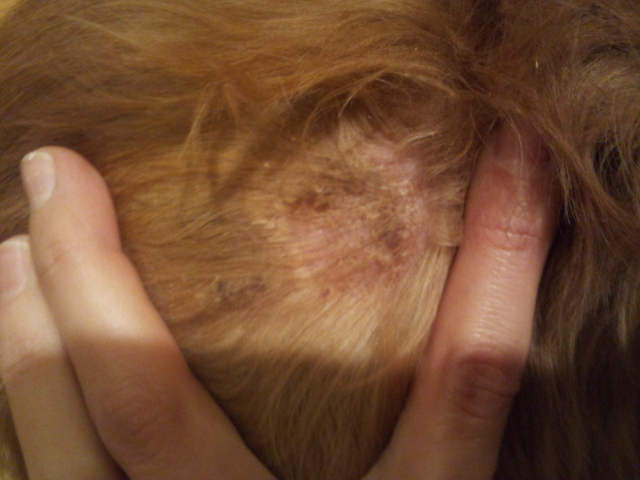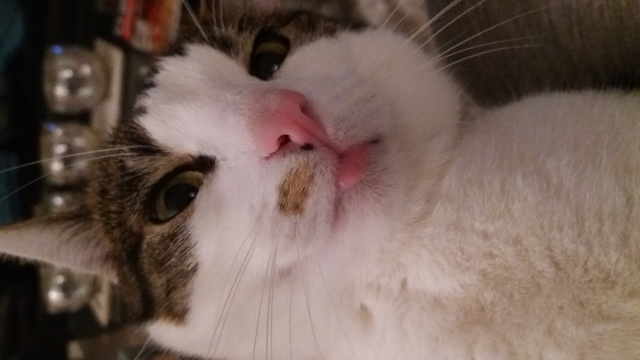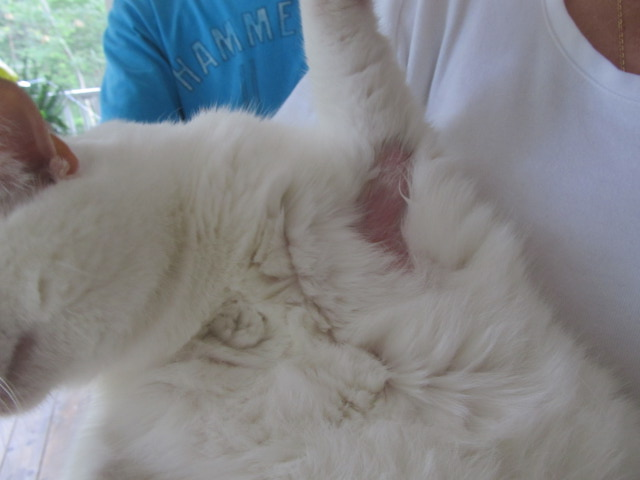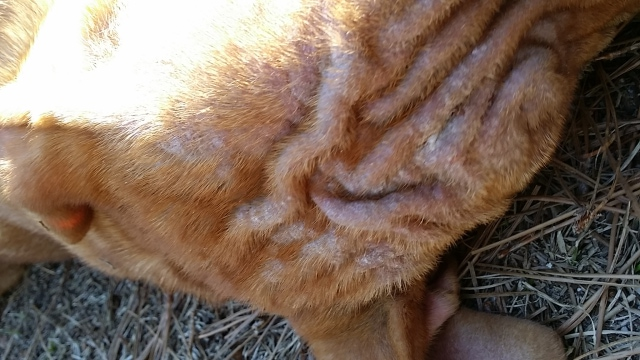QuestionI have a yr.old shihtzu that has a habit of eating his poop. This has been the case since we got him at 11 weeks. We have tried Forbid and changed his food several times and it still happens unless we are watching him. He wouldn't suddessfully use the bathroom outside(we got him in Nov. and it was constantly freezing weather and icy and he wouln't go outside) so I trained him to a wizdog(similar to a litter box idea). He trained beautifully but would eat his poop if we weren't there watching. We beat him in his game by knowing when he would go and quickly removing the poop so he wouldn't be tempted. All went well until we added a 4 month puppy two weeks ago. Guess what she has the same problem. When we watched her poop she quickly turned around to do the same. If we are watching her she won't eat it. Have you got any suggestions, is this typical trait in this breed?
Thanks,
Pam Smith
AnswerIt is very common for puppies to do this. The best thing is to deny them access to the stool. I would definitely try a round of FORBID again for at least 5 days in a row for both dogs. ANd below is more information for you...
Why Does My Dog Do That?
Coprophagia is a common condition in which animals will eat feces. Many dogs are naturally curious or just might like the taste(yuck!). However, certain medical conditions could also lead to coprophagia. Poor nutrition, pancreatic insufficiency (lack of digestive enzymes), inflammatory bowel disease or an intestinal absorption disorder may leave your dog hungry or searching for those
missing nutrients in his or her excrement. Other diseases that increase the appetite such as Diabetes or Cushing's Disease may leave your dog craving extra food. Blood tests are needed to confirm such diseases. In addition, there are also several theories that can explain this "undesirable" behavior. To avoid a scolding for
house soiling, dogs will remove "the evidence" or they may be imitating their owners' scooping behavior and simply eat the waste.
Maternal instincts may also play a role in coprophagia since it is the female's duty to lick the puppies and consume the waste to keep the litter healthy and the den clean as well as prevent the scent from attracting predators. And thus the puppies learn by mother's
example. Other factors such as anxiety, stress, attention seeking and boredom can also cause coprophagia.
No matter what the cause, you want to stop this behavior. Dogs that eat other animals' feces can pick up parasites and a host of diseases. Your dog could also pass some of these unwanted guests onto you or your children. In addition to internal parasites, organisms such as Toxoplasmosis are transmitted in some cat feces.
It's also possible that the feces can become infested with fly larvae, foreign bacteria, fungus, etc. Some viral diseases, such as Parvovirus, can also be transmitted by the fecal-oral route.
If your veterinarian has found your dog to be healthy, you will need to make a behavioral change. The most effective prevention is to keep yards and kennels free of feces. Pick up your dog's stool immediately. Always supervise your dog when outside and walk your dog on a leash to control access. Avoid negative responses that can
actually reinforce the behavior if you're your dog is simply seeking attention. Positive Reinforcement is the process of reinforcing another behavior instead of the coprophagia. When the dog is about to begin eating feces, the owner can use any variety of commands. "Leave it", "come", "sit", etc. The idea here is to
distract the dog long enough to allow the owner to pick the feces up and make the dog forget about the coprophagia behavior.
Such food additives as Forbid and Deter makes the feces taste bad. Adding various enzymes (Prozyme or meat tenderizer) to the diet of a coprophagic animal may help by breaking down more of the nutrients in
the diet. Alternately, putting something noxious tasting like hot sauce on the feces will cause an aversive response (due to bad taste) and will eventually cease the behavior. However, for this to be effective, it must be used 100% of the time. Moreover, if the dog
engages in this behavior when unattended, a muzzle may be a practical solution to the problem.

 Sores on body
QuestionSore
QUESTION: Do you have any idea what
Sores on body
QuestionSore
QUESTION: Do you have any idea what
 cats lip
Question
swollen lip
Hi there. I dont know if th
cats lip
Question
swollen lip
Hi there. I dont know if th
 My 8 month old Great Pyrenees Pup
QuestionBefore and After
Places on Legs
Q
My 8 month old Great Pyrenees Pup
QuestionBefore and After
Places on Legs
Q
 cat skin problem
Question
Clawdia
Hi, Thank you for answering my
cat skin problem
Question
Clawdia
Hi, Thank you for answering my
 Skin Issues
Question
Head Chest neck
I have 2 dogs, bo
Skin Issues
Question
Head Chest neck
I have 2 dogs, bo